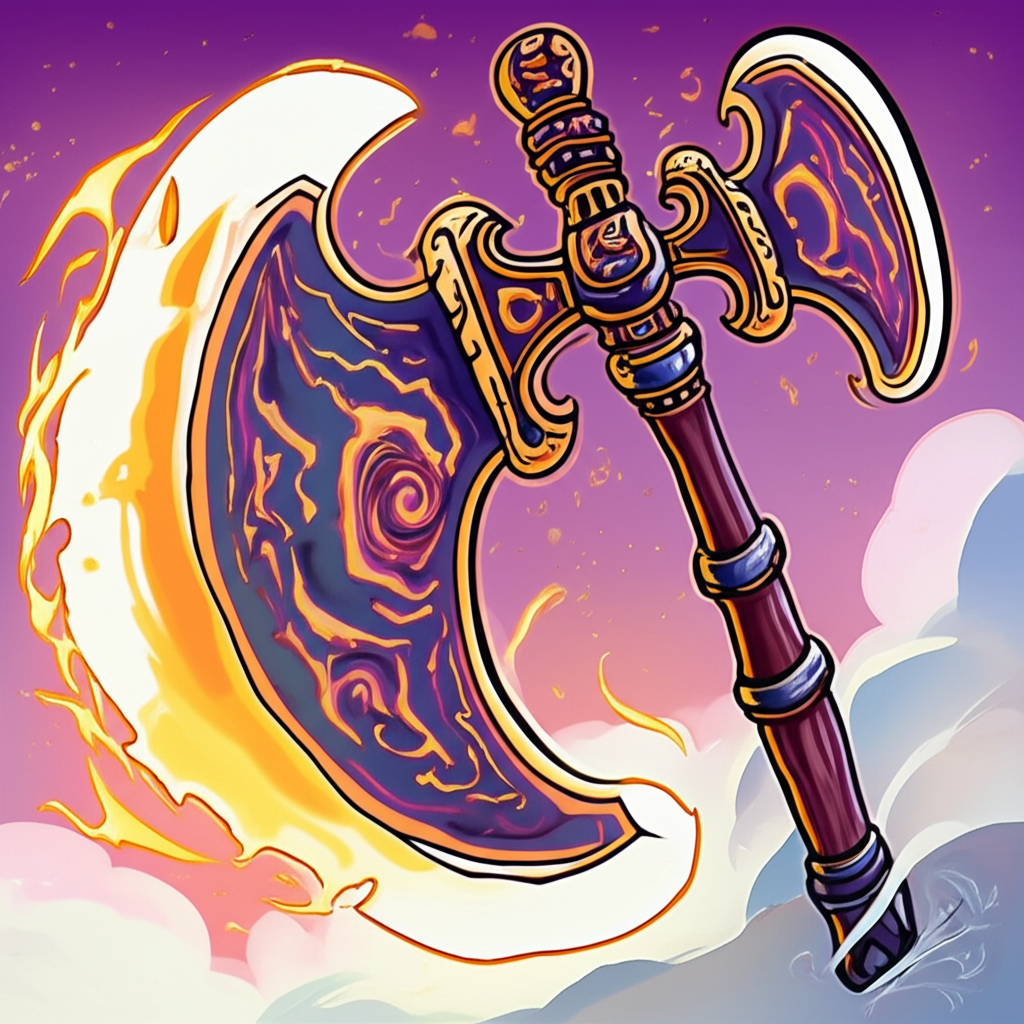
From the misty, verdant landscapes of ancient China, a tapestry of myths and legends has been woven, offering glimpses into the worldview of those who lived millennia ago. Among these enduring tales is the chronicle of Houtu and the Eternal Sea, a narrative that speaks of creation, balance, and the profound connection between the earth and the vast, mysterious waters that surrounded ancient civilizations. This is a story, a traditional narrative passed down through generations, not a testament to factual events or divine power, but a fascinating artifact of human imagination and the desire to understand the world.
The era in which such myths took root was one where the natural world loomed large, dictating the rhythms of life and often imbued with a potent, almost sentient, force. For early Chinese peoples, the cycles of the seasons, the unpredictable fury of floods, and the bounty of the earth were not mere phenomena but manifestations of powerful, unseen forces. Their understanding of the cosmos was often anthropomorphic, attributing human-like qualities and intentions to natural elements. The world was a vibrant, interconnected entity, where the mountains held the breath of ancient spirits, the rivers carried the whispers of the ancestors, and the very earth beneath their feet possessed a profound, nurturing essence. It was in this context, where the tangible and the spiritual were inextricably linked, that the story of Houtu and the Eternal Sea likely emerged, an attempt to explain the fundamental forces that shaped their existence.
At the heart of this chronicle stands Houtu, a figure of immense significance. Unlike the more anthropomorphic deities of other mythologies, Houtu is less a singular being and more an embodiment, a primal essence. Often depicted as the sovereign of the Earth, Houtu represents the grounding, nurturing, and stabilizing force of the planet itself. This figure is not characterized by physical form in the way a human or animal might be, but rather by her inherent qualities: immense power, unwavering stability, and an all-encompassing presence. The symbolic attributes of Houtu are those of the earth itself – fertile, enduring, and the source of all life. She is the bedrock upon which all existence is built, the silent, constant force that holds the world together. Her presence signifies the fundamental reality of the terrestrial realm, a concept that would have been paramount to a people whose lives were deeply intertwined with agriculture and the land.
The narrative of Houtu and the Eternal Sea often begins with a primordial state, a world in flux, perhaps a chaotic merging of elements. In this nascent stage, the Eternal Sea is not merely a body of water but a boundless, unfathomable expanse, representing the untamed, boundless potential of existence, but also its inherent formlessness and potential for chaos. It is a realm of constant motion, of ceaseless change, a force that could either nurture or overwhelm.
It is said that in this state of primal fluidity, Houtu, the sovereign of the Earth, emerged. Her emergence was not an act of violent creation, but a grounding, a stabilization. She brought order to the formless, structure to the fluid. The narrative often depicts her establishing her dominion over the land, meticulously shaping mountains, carving riverbeds, and sowing the seeds of life. This act of creation is depicted as a slow, deliberate process, reflecting the enduring nature of the earth.
However, the Eternal Sea remained a potent force, a constant reminder of the primordial chaos from which the world had sprung. The chronicles often speak of a delicate balance maintained between Houtu’s steadfast earth and the ever-shifting sea. There were times when the sea, in its boundless power, would surge, threatening to reclaim the land, to dissolve the order that Houtu had established. In these moments, Houtu’s strength would be tested. She would stand firm, her roots deep within the planet, her presence a bulwark against the watery expanse. This struggle, this constant interplay between earth and water, between stability and flux, forms the core of the narrative. It is a story of how the solid ground, the reliable earth, is maintained in the face of overwhelming, fluid forces. The chronicles might describe Houtu drawing upon the very core of the planet, solidifying her grip, or perhaps channeling rivers to guide the sea’s excess back into its own domain. It is a tale of cosmic resilience, of the enduring power of the earth to maintain its form.
The symbolism within the chronicle of Houtu and the Eternal Sea is rich and multi-layered. Houtu herself, as the sovereign of the Earth, represents stability, nurturing, fertility, and the fundamental structure of the world. She embodies the grounding principle, the foundation upon which all life depends. The Eternal Sea, conversely, can be interpreted as representing the boundless potential of the universe, the primal forces of nature, the untamed aspects of existence, and perhaps even the concept of the unknown or the subconscious. The dynamic tension between them speaks to the fundamental duality observed in nature: the interplay of opposing forces that create a dynamic equilibrium. This could have represented the ancient peoples’ understanding of creation itself – not as a singular event, but as a continuous process of ordering chaos. It might also have symbolized the importance of balance in their own lives, the need to maintain order and stability in the face of life’s inevitable uncertainties and challenges. The narrative could have served as a cautionary tale, a reminder of the immense power of nature and the respect it commanded, or as a source of comfort, illustrating the enduring strength of the earth.
In modern times, the chronicle of Houtu and the Eternal Sea continues to resonate, albeit in different forms. While no longer a literal belief system, its themes find expression in literature, film, and popular culture. The archetype of the powerful earth mother or the primal, untamed sea is a recurring motif. In fantasy novels, Houtu might inspire characters who embody the strength and resilience of the earth, while the Eternal Sea could be a source of magical power or a dangerous, unexplored frontier. In video games, the concept of elemental forces and the balance between opposing realms draws upon these ancient ideas. Cultural studies scholars examine these myths to understand the ancient Chinese worldview, their relationship with the environment, and the evolution of their philosophical and spiritual thought. These narratives, stripped of their original religious context, offer valuable insights into the human condition and the enduring questions about our place in the universe.
In conclusion, the chronicle of Houtu and the Eternal Sea is a fascinating traditional story, a product of ancient Chinese imagination and their efforts to comprehend the world around them. It is a testament to their deep connection with the natural environment and their understanding of the fundamental forces that governed existence. As Muslims, we recognize that the true Creator and Sustainer of all is Allah alone. These ancient narratives, however, offer a valuable window into the rich tapestry of human cultural heritage. They remind us of the power of storytelling to shape understanding, to explore complex ideas, and to preserve the echoes of ancient wisdom and imagination for generations to come. The enduring appeal of such tales lies not in their literal truth, but in their ability to spark our own reflections on the world, our place within it, and the timeless human quest for meaning.



